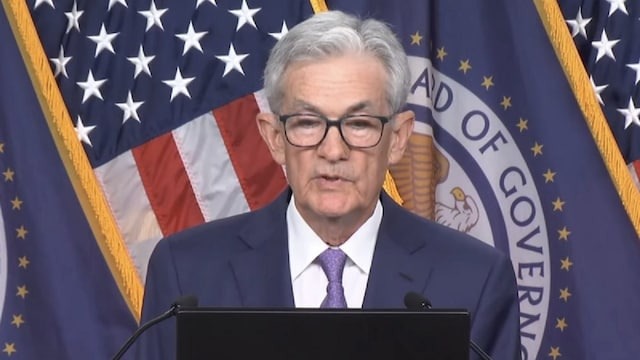
New Delhi. The last few times in the Indian stock market have not been favorable for investors. This is the reason that now not only long-term investors, but even intraday traders are trying to be very cautious. This November, people working in cash and futures and options (F&O) have kept their fists clenched. The turnover of cash is at its lowest level in 12 months, while the turnover of F&O has also been the lowest in the last 7 months. One reason for this is the strict margin rules implemented by SEBI, which has increased the cost of working in F&O.
This decline not only reflects the current weakness in the market but also indicates the growing caution among investors due to global economic uncertainties and increasing market volatility.
In the month of November, the average daily turnover of the cash market of BSE and NSE was Rs 1.06 lakh crore, which is the lowest level in the last 12 months. Compared to the previous month, it has registered a decline of 7.3%. This is the fifth consecutive month when a decline in business has been observed. The average daily turnover of BSE was Rs 6,192 crore, which is 15.6% less than the previous month. At the same time, the average daily turnover of NSE was Rs 99,734 crore, which has declined by 6.8%.
The futures and options (F&O) segment also registered a decline. The average daily turnover of both the exchanges was Rs 334.69 lakh crore, which is 16% less than last month. Index futures saw the sharpest decline since July. At the same time, stock futures and options also registered the biggest decline in the last one year. Index options have seen the sharpest decline since July.
What are the reasons behind this?
According to a report by Moneycontrol, experts believe that both global and domestic factors are behind this decline. Geopolitical tensions, high inflation, and the possibility of tight monetary policies by central banks have made investors cautious. High valuations in the domestic market and the natural stagnation in the market after this year's strong rally are also a reasons for the decline in business. Apart from this, strict margin rules implemented by the Securities and Exchange Board of India (SEBI) have increased the trading cost of the futures and options segment, which has reduced investor participation.
Recent changes made in derivatives trading have also affected market activities. Changes in the rules of weekly expiry and closure of some instruments have reduced the participation of big investors and traders. Also, the increase in Securities Transaction Tax (STT) has increased the cost of trading. Changes in lot size have increased the margin required for retail investors, due to which they are withdrawing from trading.
According to stock market experts, the implementation of SEBI's 6-point regulatory framework may result in a 20-30 percent drop in trading volume in the coming
time. Weak quarterly results, selling by foreign institutional investors (FIIs) and no possibility of interest rate cuts by the Reserve Bank of India (RBI) have also dampened investor enthusiasm.

 Desk
Desk Share
Share






